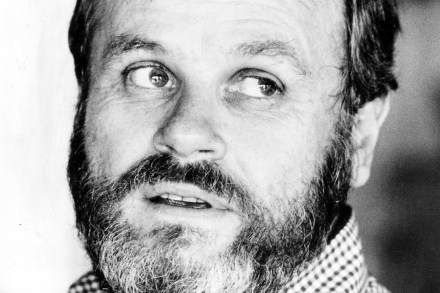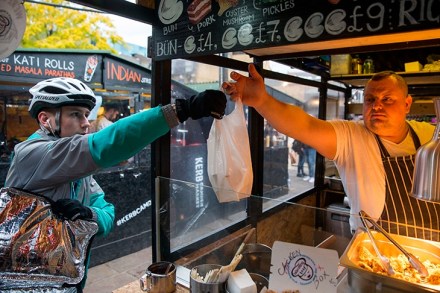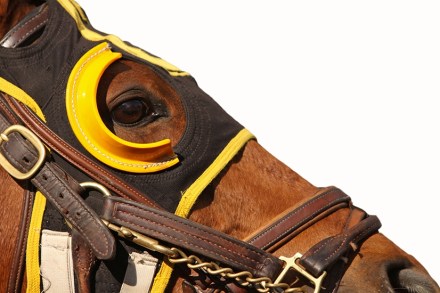Is bet365 punishing me for being a peer?
On my way to the QPR game against Hull last Saturday, I was astonished to discover that Ladbrokes had made QPR the favourites. Eh? Going into this game, the Rs were 18th in the table, whereas Hull were sixth. They’d won four of their last six, whereas we were winless in five. ‘It’s almost worth putting a bet on Hull,’ I joked to Charlie, my 17-year-old son. Then I thought: ‘Why not? At least that way, if QPR lose I’ll make some money.’ But if I was going to do it, I might as well get the most favourable odds, so I did a quick trawl of the online betting




















